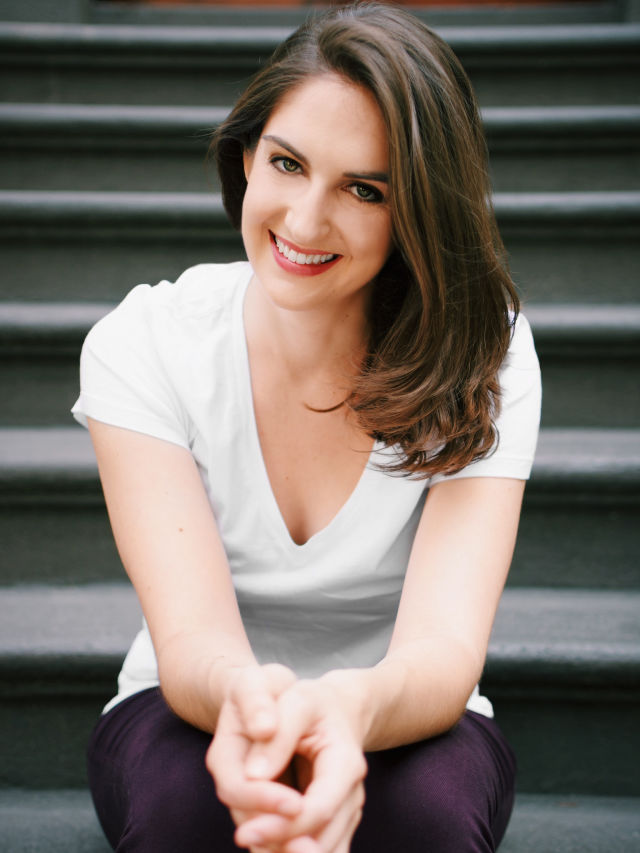Dr. Anne Levitsky

Anne Levitsky is a scholar and performer of medieval vernacular song, in particular troubadour lyric poetry, and its connections to the larger cultural milieu of the twelfth and thirteenth centuries.
Originally from Washington state, she received her BA in Music from Stanford University, and holds a PhD in Music from Columbia University. At present, she is Lecturer in Music at the University of Queensland, and has taught previously at Columbia, Stony Brook, and Utah Tech Universities. As an academic, she is interested in medieval vernacular song, and her monograph Sound(ing) Bodies: Natural Philosophy and Troubadour Lyric Poetry is under contract with Liverpool University Press. It reads troubadour lyric poetry in the context of philosophical, theological, and medical writings available in the twelfth century, and uses this analytical frame to employ new methods for the analysis of medieval monophonic song. Her work also appears in Mediaevalia, Current Musicology, The Medieval Review, and in the Bloomsbury Cultural History of Music (in a chapter co-authored with Susan Boynton). Anne is also interested in the presence and role of medievalisms in popular music, especially in heavy metal.
Anne’s academic interests are supplemented with a wide-ranging performance career that encompasses music medieval to modern, as well as a variety of genres from classical to pop (including a June 2013 performance with the Rolling Stones), both as a soloist and with a number of choral ensembles, including NYC-based GHOSTLIGHT Chorus. She is a founding member of the early music chamber ensemble Fractio Modi, as well as the founding director of the UQ School of Music’s Early Music Performance Project, and her recording credits include CDs by the Troubadour Arts Ensemble and GHOSTLIGHT Chorus. She performs regularly in the Brisbane area with Fractio Modi, The Australian Voices, and the Schola of St. Stephen’s Cathedral.
#Related

Kathryn Close
Cello

Matthew Jones
Cello

Stephen Mould
Conductor

Johannes Fritzsch
Conductor Laureate

Matthew Kinmont
Cello

Kaja Skorka
Cello